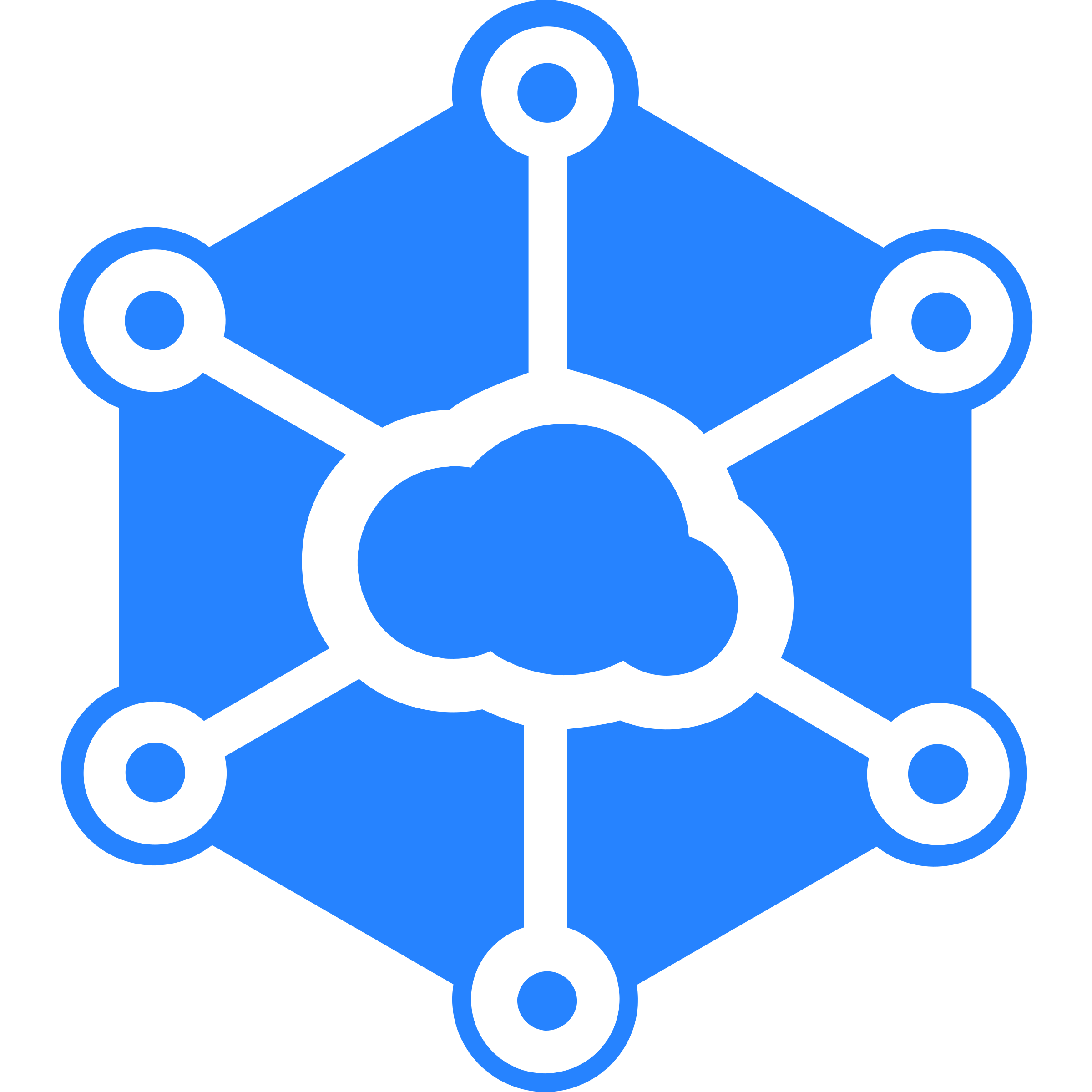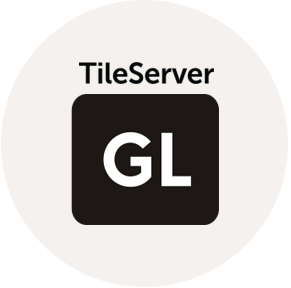Sharry
Sharry allows to share files with others in a simple way. It is a self-hosted web application. The basic concept is: upload files and get a url back that can then be shared. Being based on Alpine Linux, size of this container is very small. For a complete documentation of this container, see https://github.com/jlesage/docker-sharry#readme
















